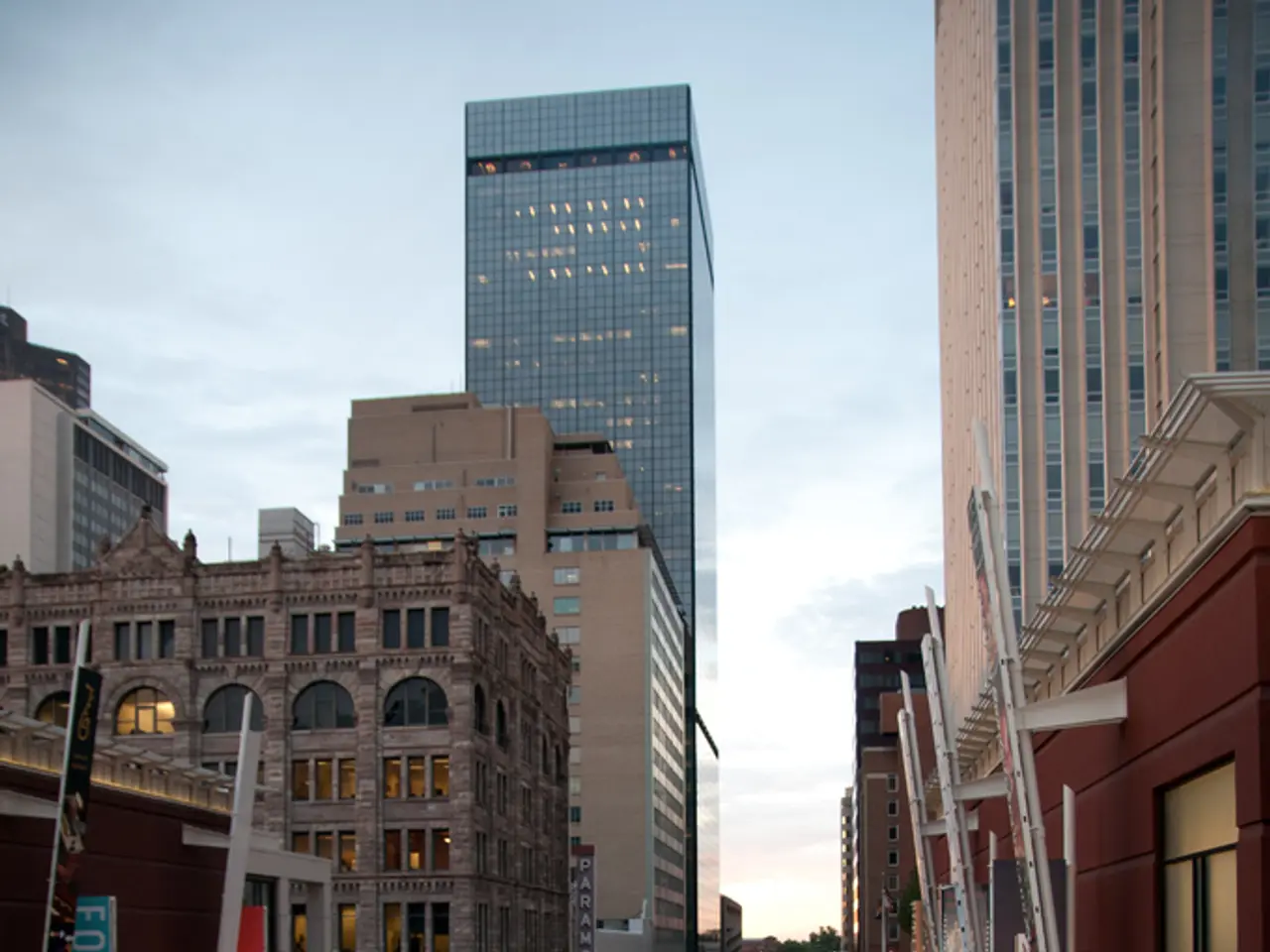Zip Infrastructure Set to Revolutionize Asian Urban Transport with Self-Driving Aerial Tramways
Japanese startup Zip Infrastructure is set to revolutionize urban transport in Asia. The company aims to build a network of self-driving aerial tramways, starting with a 2- or 3-kilometer route in Makati's central district, Philippines. Their innovative system, which can run on both steel rails and cables, promises lower costs and more complex routes.
Zip Infrastructure has chosen Medellín, Colombia, for its first project due to the city's challenging mountainous terrain. The company aims to build its system over existing roads, minimizing land use and reducing construction costs. Each Zip car, weighing about 2 metric tonnes, requires less supporting infrastructure than traditional railway cars.
Zip's innovative design allows for a significantly lower cost per kilometer. A Zip tramway costs around JPY 1.5 billion (USD 10 million) per kilometer, compared to conventional monorails or railways costing around JPY 10 billion. The company's demonstration model is built from a used Japanese EV, with each car equipped with a battery and motor similar to electric vehicles.
Zip Infrastructure is also bidding for a small transportation project within Tokyo's Ueno Zoo, with operation starting by 2027 if successful. The company plans to submit its first commercial project bid in Japan by March 2025 and enter the global market by 2029.
Zip Infrastructure's goal is to build a transport network in countries like the Philippines that rivals Japan's. By reducing traffic jams and improving public transportation connectivity, the company aims to transform urban mobility in Asia. With its innovative design, lower costs, and minimal land use, Zip Infrastructure's aerial tramways could be the future of urban transport.







